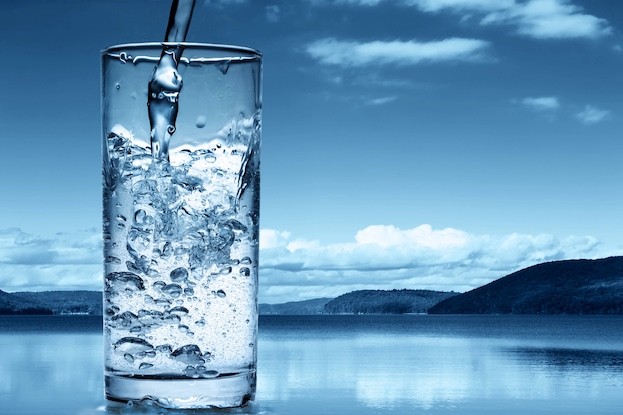MILLIONS of Brits with a common condition are being urged to heat their homes as cold temperatures this winter could be life threatening.
Freezing conditions are predicted to last until 9am on Monday December 12, according to the Met office.
Some doctors can prescribe free energy bills to Brits with respiratory conditionsFor the eight million of asthmatics in the UK, the plunging temperatures can trigger deadly asthma attacks, a charity has warned.
This is because cold air irritates the airways and makes he body produce more mucus which can make asthma worse.
“To stay well, we would advise that people heat their homes to at least 18°C if they can, but we know that this is going to be hard for many people this winter,”;; Ericka Radford, from Asthma + Lung UK said.
Energy bills in the UK have soared in recent months, in part because the war in Ukraine has reduced supplies of Russian gas.
“There are also other things that people can do to stay well as it gets colder,”;; Erika said.
“Taking medication as prescribed, wearing layers of clothing (as this traps warm air in better than one bulky layer), having hot drinks, eating at least one hot meal a day if you can and avoiding sitting still for more than an hour can all help,”;; she explained.
The charity also warned of a rise in deadly respiratory infections.
This comes as cases of several viruses, including Respiratory syncytial virus (RSV) and flu have surged in the UK.
“Respiratory infections can thrive in colder temperatures and poorly ventilated, damp environments,”;; Erika said.
“Long-term exposure to colder temperatures and mould can also affect our immune response, hampering the body’s ability to fight off respiratory infections.”;;
Some doctors in certain areas of the country can now write prescriptions to give Brits with respiratory conditions free energy bills as part of a new health trial.
But the charity is calling on the Government to “step up”;; for all people with lung conditions and introduce better support to help people keep their homes warm this winter.
The Met office triggered the amber weather alert this week, as temperatures are set to fall as low as -4C in some areas by Friday.
The alert requires health and care services to take action to protect high-risk people.
Forecasters, said that air from the Arctic will spread south across the nation, with very cold and frosty nights expected from the middle of the week.
The warning said that there is a 90 per cent probability of severe cold weather and icy conditions in the specified period.
The amber alert is the second most severe possible, with only a level 4 red alert above it.



